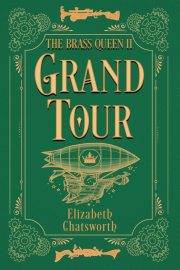The Jargon and Slang of the Fantastic
by Ken Pelham
World-building is more than misty mountains, crumbling castles, dripping neon cityscapes, and talking rats. It’s also about psychology and language, and the language equation includes the everyday corruptions of jargon and slang.


